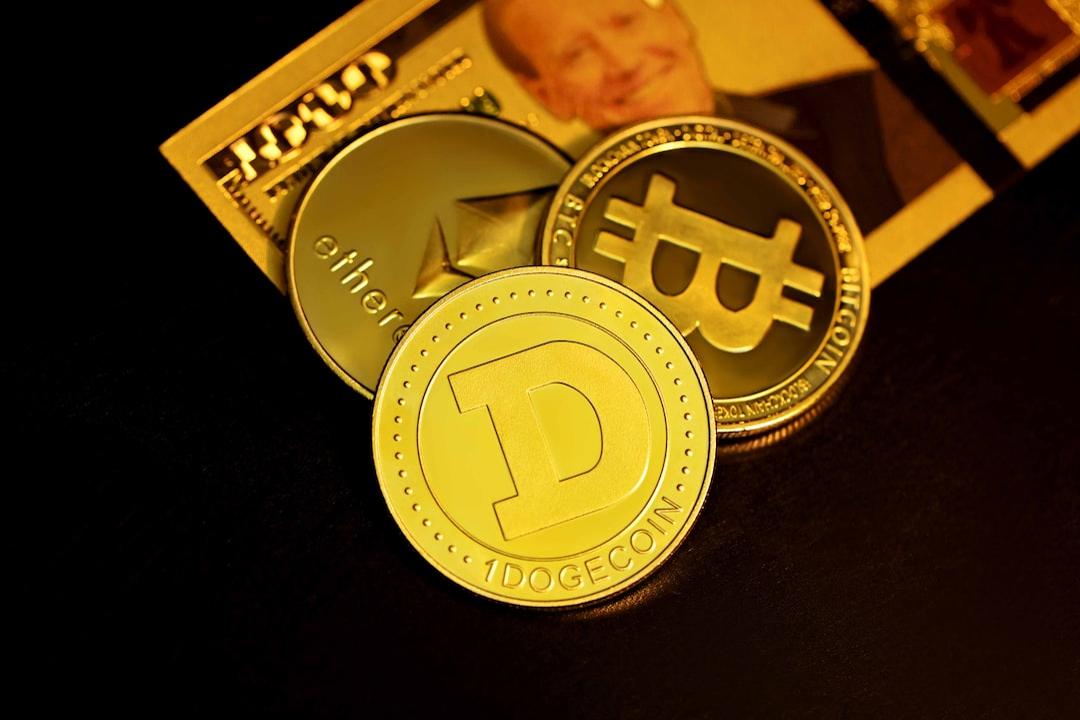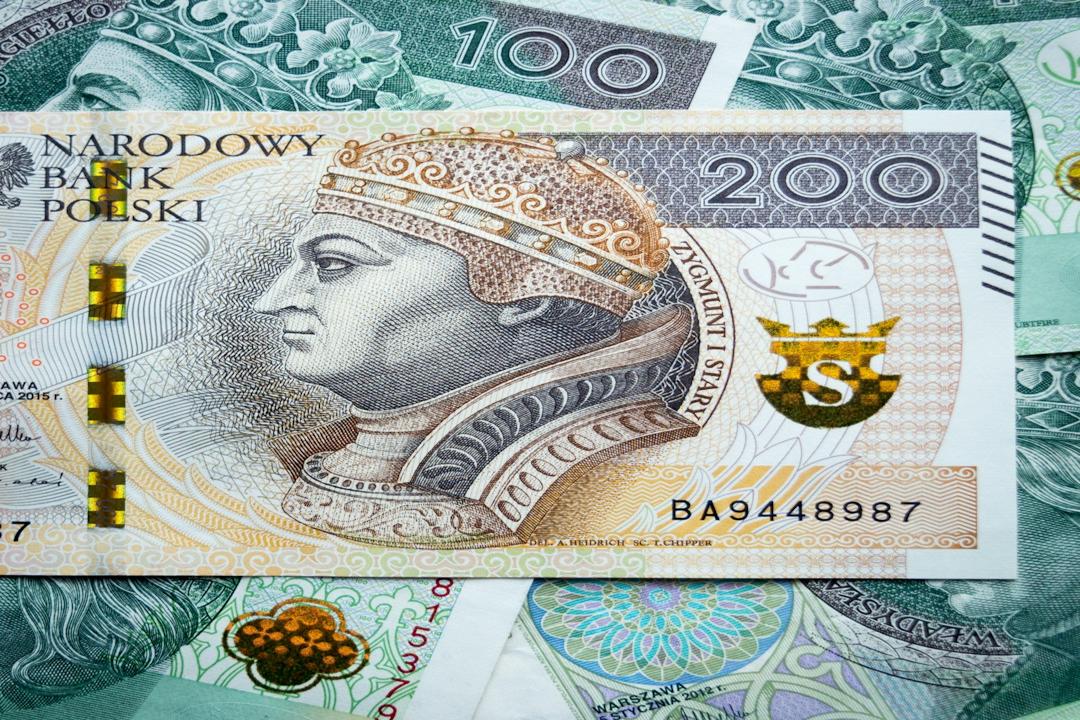Samsung Underestimates Competitors like TSMC Misses Nvidia AI Chip Orders and Sees Significant Stock Decline
Samsung’s stock price reached a peak close to the levels seen in 2021 in July of this year, but has since experienced a dramatic decline, dropping over 20% since September. Its market capitalization has shrunk to 285.37 billion, overtaken by TSMC, whose market value has reached 859 billion.


Despite being South Korea’s leading brand, and with smartphones and consumer electronics as its main product lines, Samsung’s greatest profit source remains its semiconductor division. As the chip business faces a crisis, investors are feeling anxious and unsettled. TSMC serves as the primary manufacturer of chips for Nvidia and Apple, while Samsung has been unable to secure orders for Nvidia’s AI chips. Investors worry that Samsung cannot compete with TSMC in chip foundry manufacturing and is even struggling against the smaller SK Hynix Inc.
According to Bloomberg, foreign investors have significantly sold off Samsung stocks, amounting to as much as $10.7 billion. International investment managers indicate that Samsung is losing its technological edge in the semiconductor business and that regaining leadership in the short term will be difficult. Over the past few months, investment firms have been reducing their stakes in Samsung.
All news trends point to Samsung’s misguided chip strategy and the heir’s inability to keep pace with the rapid demand in the AI market, causing Samsung to lose orders from Nvidia and cede market share to TSMC. The following is a brief analysis of the relationship between TSMC and Samsung, as well as Samsung’s management dilemmas.
Is TSMC an enemy or a friend to Samsung?
Korean media has reported that Nvidia requested Samsung to change its high bandwidth memory (HBM) design, resulting in delays in the supply chain. However, Samsung has denied these rumors.
Many believe that Samsung is lagging behind competitors in HBM manufacturing, leading to a change in leadership within its chip division. Subsequently, various speculations have arisen regarding Samsung’s failure to secure the Nvidia contract. There are also reports that Samsung sought cooperation with its rival TSMC to produce HBM, as TSMC needs Samsung’s silicon interposer to complete manufacturing and is also facing component shortages. Moreover, Samsung faces the challenge of catching up with another competitor, SK Hynix Inc., whose HBM designs have compatibility features for Nvidia GPUs.
Samsung’s heir faces ongoing legal troubles, leading to management difficulties for the company.
Lee Jae-Yong (Jay Y. Lee), the grandson of Samsung’s founder, has been embroiled in multiple legal battles over the years. He was convicted by the South Korean Supreme Court for bribing former President Park Geun-hye’s aides and was imprisoned, but later granted a presidential pardon. After returning to Samsung, he became the president of the company. Lee Jae-Yong was originally serving as an executive director in the semiconductor division but was replaced by veteran semiconductor expert Jun Young-hyun. This personnel shake-up also indicates Samsung’s intention to undergo management reforms after losing market share.
